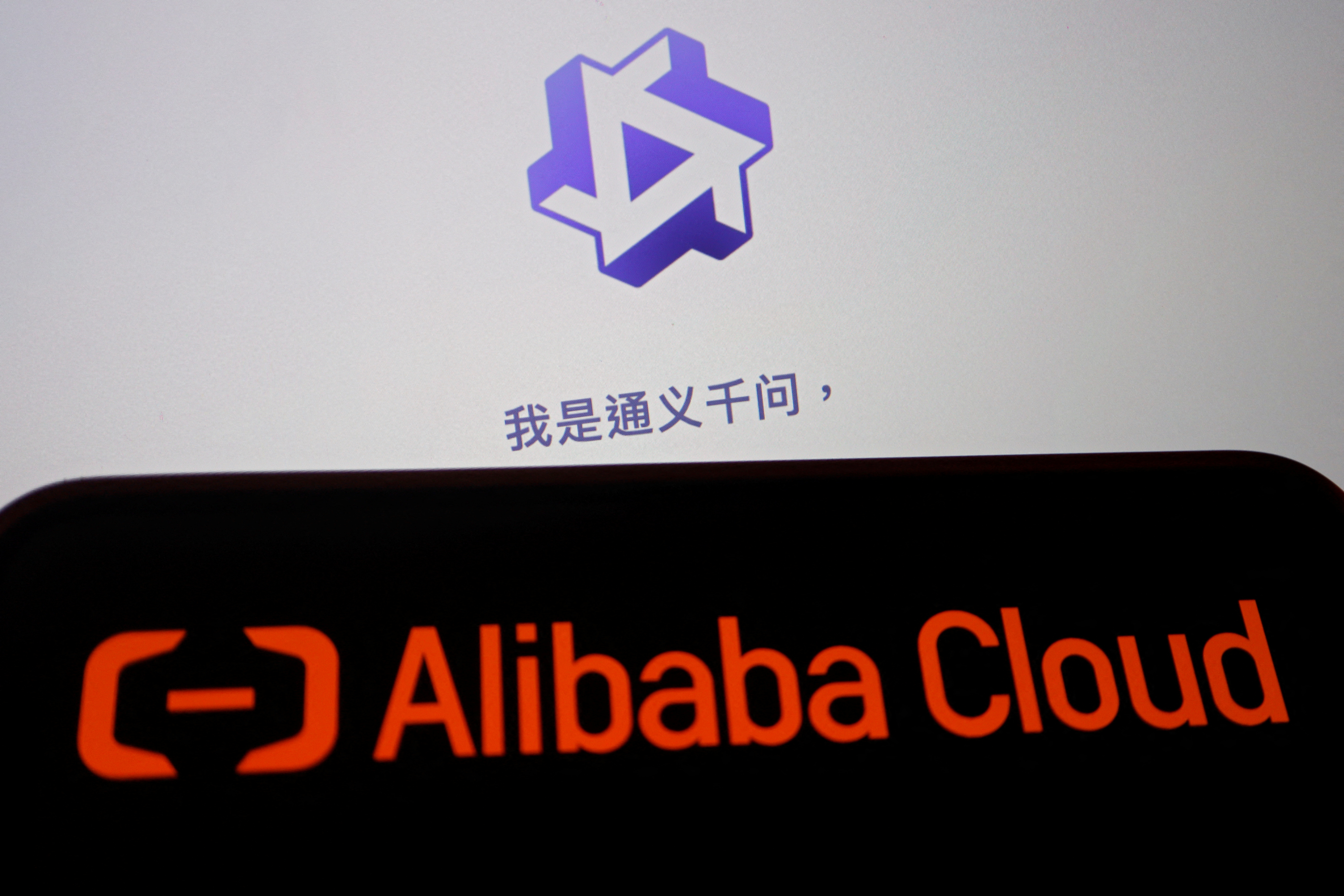
AI Unveiled: The Rise of Large Language Models in China and Beyond
The world of artificial intelligence (AI) is witnessing a significant shift, with China emerging as a major player in the development of large language models (LLMs). At the recent World Artificial Intelligence Conference (WAIC) in Shanghai, Chinese AI champions SenseTime and Alibaba Group Holding showcased their latest advancements in LLMs, claiming significant performance improvements and greater adoption.
 SenseTime CEO Xu Li speaking at the WAIC conference
SenseTime CEO Xu Li speaking at the WAIC conference
SenseTime, a leading Chinese AI company, released updated versions of its SenseNova LLMs, including SenseNova 5.5, which boasts a 30% improvement in performance compared to its previous version. Xu Li, SenseTime’s co-founder and CEO, emphasized the importance of constructing high-level thinking logic based on synthetic data in vertical industries.
Meanwhile, Alibaba’s cloud computing unit touted new user growth, with downloads of its Tongyi Qianwen LLMs doubling to over 20 million in just two months. The company’s generative AI development platform, Model Studio, has also seen a 150% increase in customers served.
 Tongyi Qianwen model series
Tongyi Qianwen model series
The rise of LLMs in China is not limited to these two companies. The country is home to over 200 LLMs, with many more in development. According to Yan Junjie, founder and CEO of Shanghai-based AI start-up MiniMax, only five companies will be making LLMs in the future.
 Yan Junjie, founder and CEO of MiniMax
Yan Junjie, founder and CEO of MiniMax
The increasing adoption of LLMs has significant implications for various industries, including scientific writing. A recent study found that around 15% of research papers published in non-English speaking countries are now AI-processed. The study identified certain words and phrases that are more commonly used in AI-generated text, such as “delves,” “showcasing,” and “underscores.”
 Example of AI-generated text
Example of AI-generated text
To address the challenges of fine-tuning and refining LLMs, startups like Automorphic are emerging. Automorphic enables developers to build and improve custom fine-tuned AI models rapidly, allowing them to focus on feedback and tweaking rather than performance and deployment concerns.
 Automorphic’s Conduit product
Automorphic’s Conduit product
As the development of LLMs continues to accelerate, it is essential to consider the implications of AI-generated text on various industries and the potential risks associated with its adoption.
“The influence of LLM usage on scientific writing is truly unprecedented and outshines even the drastic changes in vocabulary induced by the COVID-19 pandemic.” - Researchers
The future of LLMs holds much promise, but it is crucial to ensure that their development and adoption are guided by ethical considerations and a deep understanding of their potential impact.
 The future of LLMs
The future of LLMs















